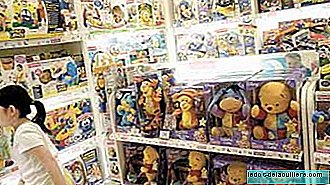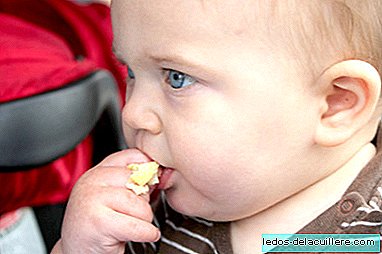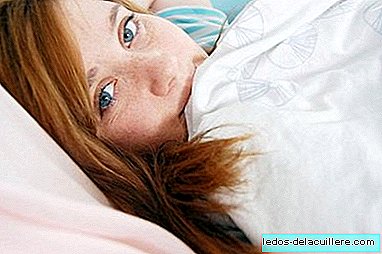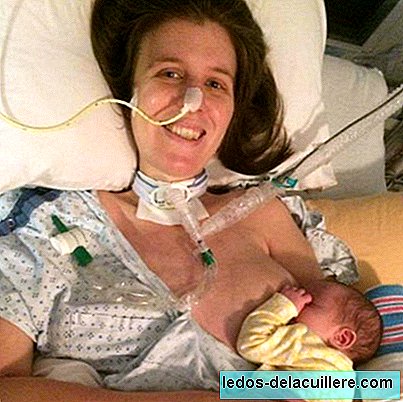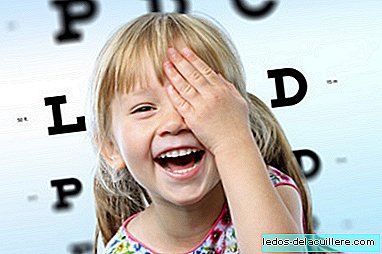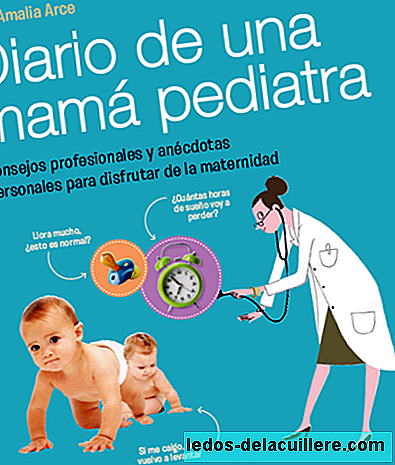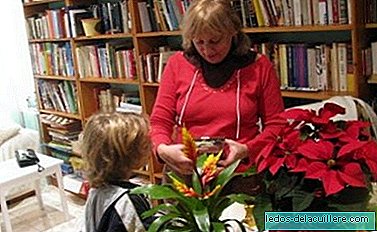
A few days ago I commented on the conclusions that had been given at the III Congress of Bright Minds in Madrid, and one of them was that 80% of what children learn they learn in processes that happen at home.
This is a surprising statement and I suppose that, to be considered completely valid, it should be contrasted. However, I believe that it is true, at least during the first 10 or 12 years of the child, and that what they learn, or is proposed in school and is complemented by learning at home or you learn at home directly.
Surely you have all experienced how much children learn during their vacations, and learn from life, naturally, with enriching experiences. That is the key.
Parents and learning
The formation of the parents, especially the mother (who is usually the one who helps the children in the studies) is decisive for the educational "success" of their children.
If the parents have higher education, a high cultural level and a medium or high social position there will be more possibilities for children to finish their studies, follow them at higher levels and even have a better economic or social position. They are simply going to have more accessible help at home and there are more possibilities for parents to have cultural interests than to convey it.
But it is not essential to have higher education to help children, it matters, in my opinion, more, interest and predisposition. And have many books at home giving example reading, watching documentaries, visiting museums and attending cultural activities.
What children at school learn at home
My second reason to believe that the statement is true and that it is the parents who determine children's learning It is personal, both directly and indirectly.
First, at school. Most of the children I know have learned to read, add, write and almost everything they know about the world or the nature of what their parents have taught them, helping them with school subjects or tasks or sharing other experiences. Of course, there are exceptions, children who read a lot and are very curious, but in that case, rather than knowing what they have been taught in school, they are self-educated.
In part, the problem is that of the memorial and repetitive system of the pedagogy of many schools: the children forget almost everything once they have taken the exam and only remember how the things they are constantly repeating are done.
In the end, if they know something about animals, plants, food or stories and they express it normally it turns out to be things they have shared with their parents or in school activities outside the usual system (projects or excursions).
¿How much of your children know Small is pure and exclusively school learning and how much fruit of your time and attention? If you start to write it down many will see that colors, basic biology, health habits, values, letters and numbers or classification and structures of things. There will be issues that they will have learned in school, of course, but many of them will be due to you.
What homeschoolers children learn
Another reason why I think this statement is true is my experience with homescholers. Home-educated children usually have an academic and educational level similar or superior to children who go to school and thus it is recognized in countries with more tradition in home schooling.
But the most interesting issue is the study time (more or less structured) that these children dedicate. An elementary school child will spend between one and two hours "learning" and the rest of the time will be playing or accompanying his family in activities and conversations.
As they grow, the time will increase, but it will always be less than the school children add up between classes and homework, time they can devote to other activities of their interest or to free socialization.
Most of the learning is intuitive, experiential and active, and it is the one that leaves the most, the one that is not forgotten. And it is also important that this learning be done with pleasure and in a personalized way, in addition to being much more effective if we do it surrounded by people who love us and make us feel happy and protected, maybe that's why Children who are educated at home dedicate less time to academic learning With equal results.
The question is not which formula is better, because for each family the best is different. The question I ask you is that it is the parents, especially those who are going to teach the children things and that this is a fundamental aspect of parenting and education that cannot be delegated and that must be assumed with great responsibility and preparing ourselves then almost everything that children learn they learn at home. Parents must be very involved in the education of their children.


